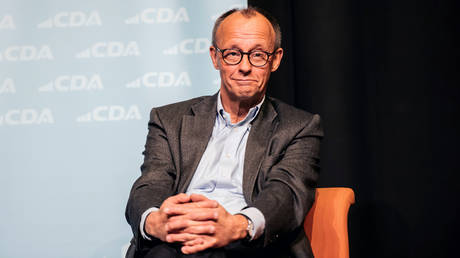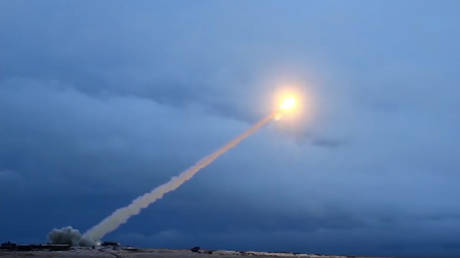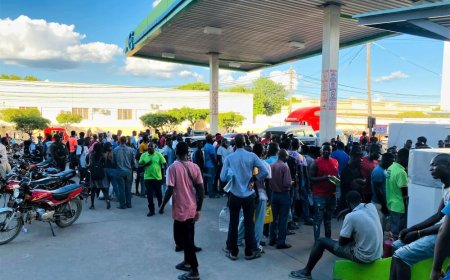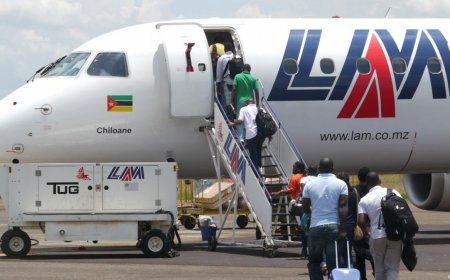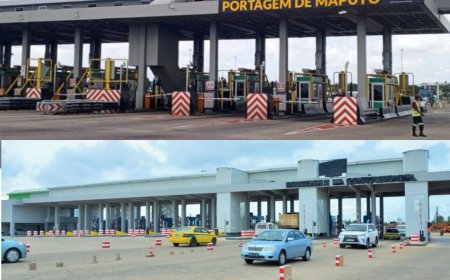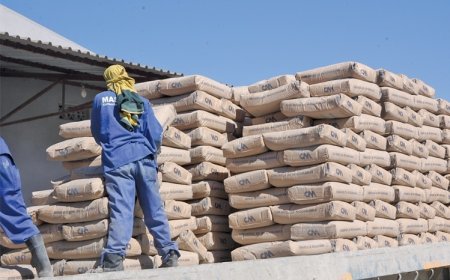Mozambique ignores US and Embraces Rwanda and China in Cabo Delgado
The province of Cabo Delgado, in the far north of Mozambique, has become a focal point of international interests due to its vast natural wealth, transforming it into a true "El Dorado".
However, the region has been under terrorist attack since 2017, attracting the attention of various international powers, including the United States, Rwanda, and China.
Since the onset of the attacks, international forces, including the Southern African Development Community (SADC), have offered to assist the Mozambican army in reclaiming districts in Cabo Delgado occupied by Islamic State (IS) terrorists.
Among these forces, the United States, which leads the list of countries with the highest military expenditure in 2023, with $916 billion dedicated to the armed forces, expressed interest in supporting the Mozambican army in combating terrorism.
This proposal, made in late 2021, has yet to receive an official response from Mozambique. Nevertheless, the Americans remain available to help.
Globally, the presence of the US in Africa operates in a regime of competition with other world powers such as China and Russia. The US has established AFRICOM, a support force for African countries. Michael Langley, commander of AFRICOM, considered Chinese operations in Africa to be worrisome, describing them as exploitative and coercive.
China's presence in Mozambique is evident in various social domains, including infrastructure and natural resource exploitation. In 2016, Mozambique and China signed a Comprehensive Strategic Partnership and Cooperation Agreement, which includes support for national defense.
Recently, Mozambique's Minister of Defense, Cristóvão Chume, visited Beijing to discuss military cooperation between the two countries. China has been accused of financing rebel groups in Africa, raising concerns about its true intentions on the continent.
In 2021, Rwanda announced the deployment of a contingent of one thousand men to Cabo Delgado in response to a request from Mozambique.
This number recently increased to 2,500 soldiers, with a budget of about 20 million euros, which is being discussed to be raised to 40 million euros by the European Union. Rwanda is responsible for the northeastern coastal districts of Cabo Delgado, while SADC troops are stationed in the southeast and interior west.
Rwanda's presence in Mozambique raises regional concerns due to its involvement in conflicts in Eastern Congo and its business dealings through the company Crystal Ventures.
The anticipated withdrawal of SADC troops on July 15 may pave the way for an expanded Rwandan military presence, a situation described by Foreign Policy as Rwanda's attempt to become Africa's "police force."
Botswana and Lesotho withdrew their troops in April, while Angola and Namibia are preparing to exit. South Africa, which led the SADC mission with 1,495 soldiers, announced that it would keep its forces in Cabo Delgado until the end of the year, outside the scope of the SADC mission, to combat militants. Separately, Rwanda plans to increase its contingent of 2,500 men based on a secret bilateral agreement with Maputo.
Tanzania also intends to keep between 400 and 500 soldiers in Mozambique after the end of the SADC mission to prevent fighters from crossing the 860-kilometer border between the two countries.
Mozambican President Filipe Nyusi recently began a visit to Tanzania to strengthen cooperation ties in combating terrorism. "Next week, or the end of this week, SAMIM will leave, and Tanzania will continue to collaborate with us bilaterally," Nyusi stated.
The humanitarian crisis in Cabo Delgado has intensified with the violence, displacing more than 80,000 people in 2024 alone. Since the beginning of the conflict, over 4,000 people have been killed, and about one million have been internally displaced.
The living conditions for the displaced are precarious, with urgent needs for food, shelter, and medical assistance. The violence has resulted in the destruction of homes, schools, and health centers, exacerbating the already dire humanitarian situation in the region.
This complex web of international interests in Cabo Delgado reflects the geopolitical struggle for control and exploitation of the region's wealth, with Mozambique navigating different alliances to ensure the province's stability and security.







